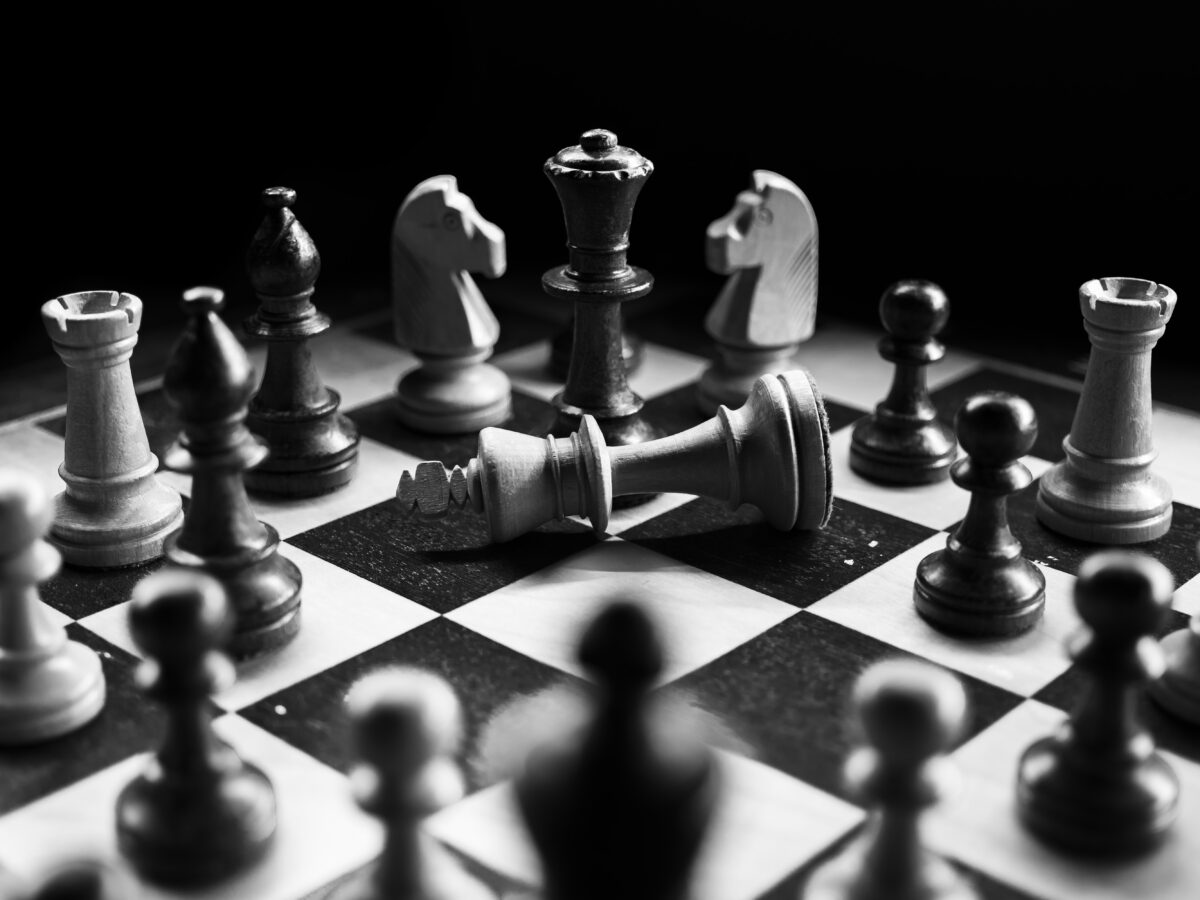Guest blog by David Mugridge
CrisisFit® Leadership and Risk Management Lead - and German resident.
In his opening address for the 2022 Annual World Economic Forum earlier this week, President Zelenskyy of Ukraine appealed to global leaders for continued support, both to fight the war and to rebuild his country. With his appeal comes the realisation that this war is destined for the long haul. Yes, this is war, not a “special military operation” which allows political wiggle room. We should take a moment to reflect upon its impact on Germany and what we can learn from this. Germany’s arguably failed political strategy here provides us with some valuable and identifiable lessons in strategic thinking, leadership, risk and crisis management, and crisis communications.
For many, Germany represents a model state where strategy is both an art and a science. It is an organised society of rules and regulations, funded on a thriving economy of global exports. It is the cornerstone of the EU and, with its unnatural ally France, sets the nature, scope, and pace of the European Collective. If Germany were a corporation, it would be a blue-chip stock: a consistent performer for pension funds and guaranteed returns. Yet, the Ukraine War shows even modern-day paragons can drop the ball, fail to see geo-political risks, and create a strategic shambles when crisis calls.
For Germany, the simmering conflicts between Ukraine and Russia have for the last decade been seen as a distant summer thunderstorm which was unlikely to really trouble it. It was an issue that could be managed and a situation which allowed Germany to ride two horses simultaneously. Germany could enjoy the protection of NATO whilst trading with Russia, to the point of energy addiction and dependency, without acknowledging the political and practical risks. It weathered the increasing criticism of its Russian policy with calm aloof, confident it could nurture trade-based leverage and influence over the Kremlin. After all, he who pays the piper calls the tune. Admittedly, this was made easier by the awkward, emotive, and blustery outbursts from the previous US President. But Germany purportedly knew best, as many senior (former Eastern) German politicians had lived under a Russian yoke and “knew a thing or two about freedom.”
Today’s war between Ukraine and Russia has not only challenged all these common elements of Germany’s strategic thinking and its economic and security application but has arguably also ripped apart the tether between her two horses. Now Germany has had to decide on what side of the bed it lies. The political elite, both past and present, was left scrambling to rectify a long-predicted crisis, or, like two former Chancellors, remained largely silent on the matter.
February 2022 brought to a head a crisis of energy dependence by Germany (amongst others) upon Russia, the proceeds of which had made possible the Kremlin’s invasion of Ukraine’s sovereign territory, and its military dependence upon the few NATO members who lived up their defence funding aspirations. So, as Russian tanks and paratroopers were streaming into Ukraine from Russia and Belarus, Germany acted, tore up its 30-year-old playbook, and swallowed the bitter pill of panic.
Suddenly, Germany was going to increase defence spending by 100 billion Euros. It was going to buy into the F-35 project. Instead of sending 5,000 combat helmets, it was going to start direct military aid to Ukraine and would extend credit terms to Ukraine to buy German equipment. All because, when asked, the Head of the Bundeswehr had to admit the cupboard was bare.
Simultaneously, Germany was going to reduce its dependency on Russian oil, gas, and coal, but it needed time to wean itself off its drug of choice, though only at a speed that suited German industry. Hardly a cold turkey moment.
Concurrently, Germany announced it was really going to stop selling weapons and dual-use equipment to Russia. Yes, Germany was the second-largest European exporter of military equipment to Russia over the 2015-2020 period. Germany accounted for €121.7m of the sales from a total of €346 million: this despite an EU-wide embargo, which came into force in 2014, after the Russian invasion of Crimea. Yet it is in good company with France, leading the sales race at €152 million. This must have left the Ukrainians puzzled, as in the lead-up to the Russian invasion, the German Defence Minister had steadfastly refused to help them.
From a crisis management perspective, these knee-jerk responses by the German government illustrate flawed and multi-faceted failures in strategy. International strategy is like ocean navigation: if done right, a gentle hand on the tiller will suffice in keeping the ship off the rocks, whereas violent changes of course suggest someone was asleep on watch.
The four main lessons from how Germany has responded to its domestic crisis because of the Ukraine/Russia conflict are summarised:
- Timing: recognise, analyse, and respond in a timely manner
- Alignment: be consistent and coordinated with partners
- Listen: to the needs of those in need – the court of public opinion does
- Communicate: choose your spokesperson carefully, making sure they stay on point
In a crisis, these are critical to get ahead in securing a successful outcome, be in control during a rapidly evolving situation (and avoid appearing out of control), and, most importantly, for leadership to win public opinion through relevant crisis communications.
Photo Credit: Felix Mittermeier on Unsplash

